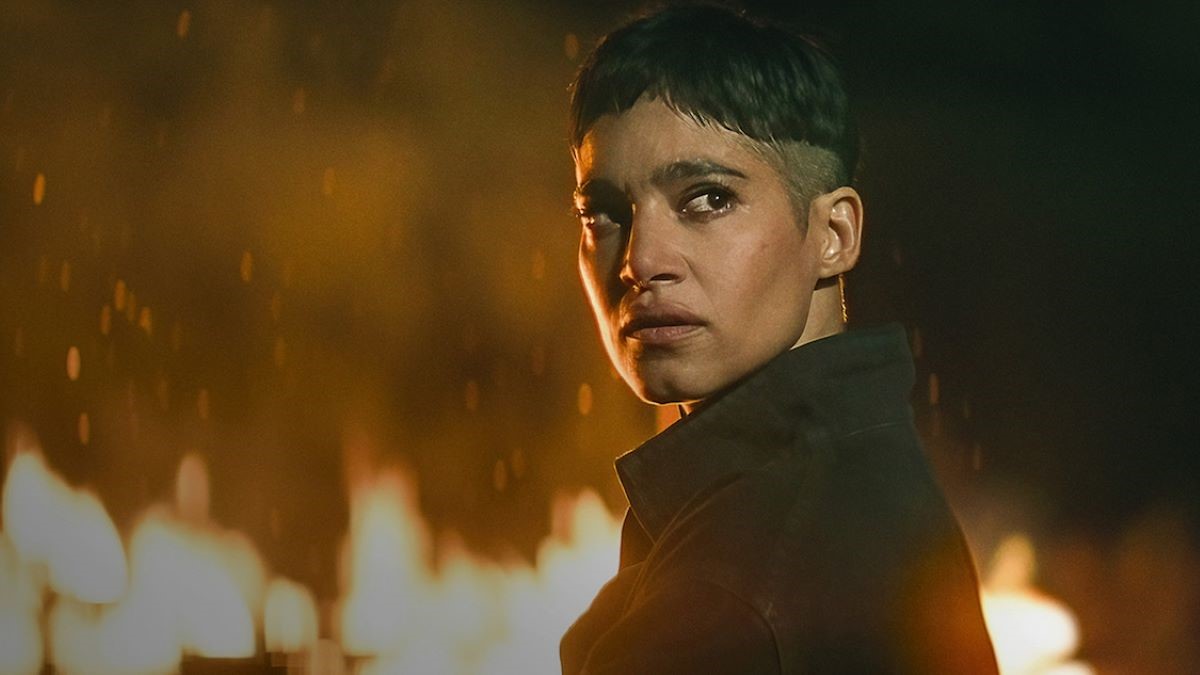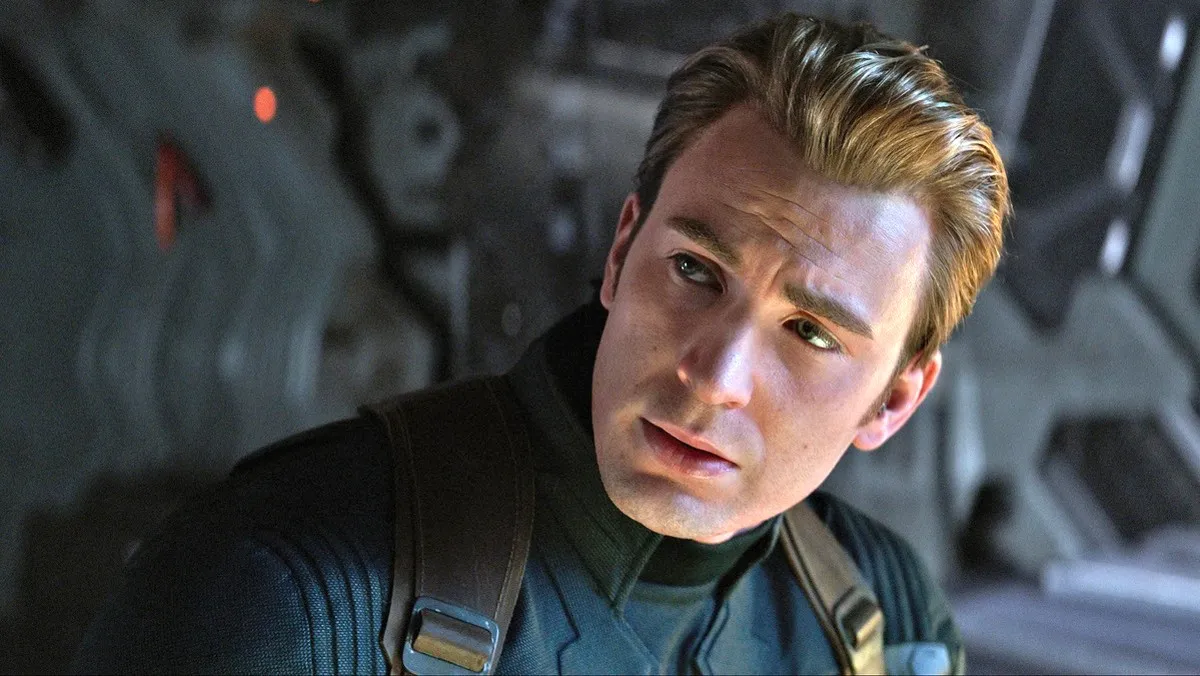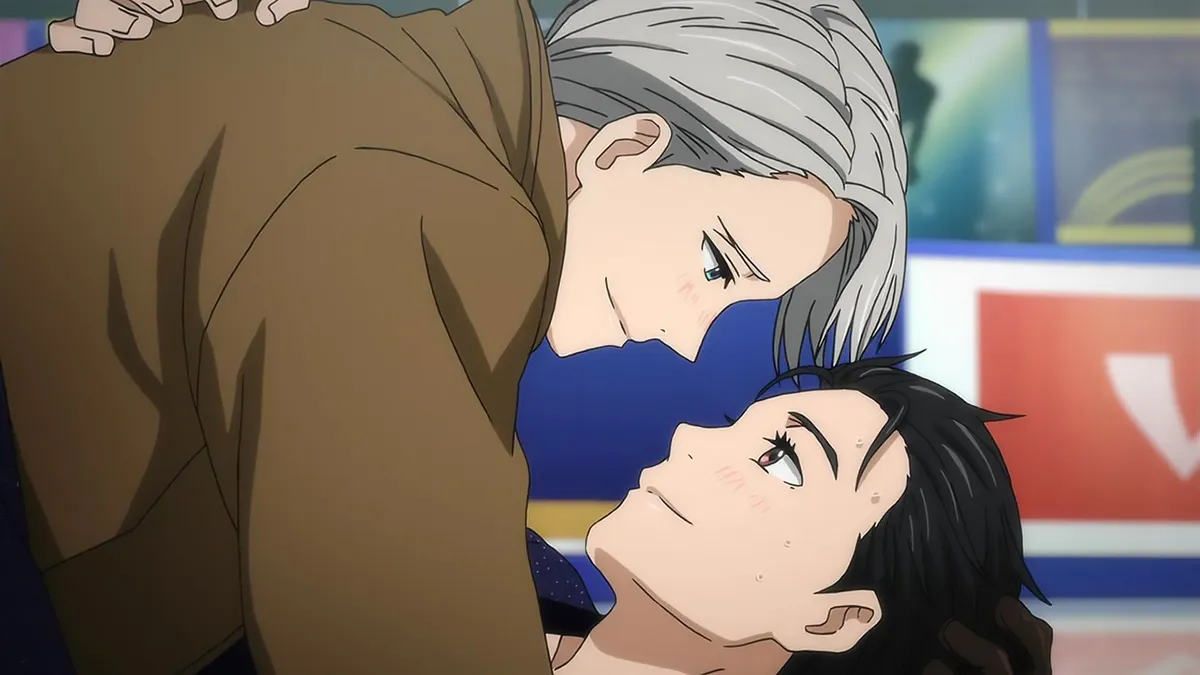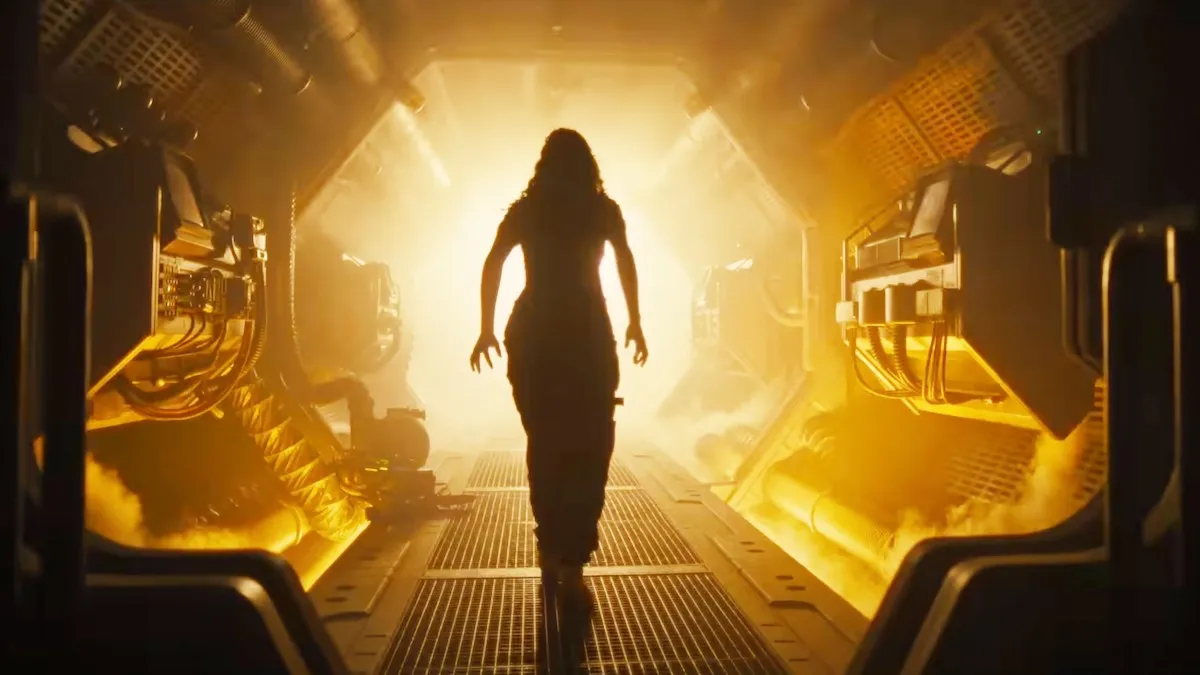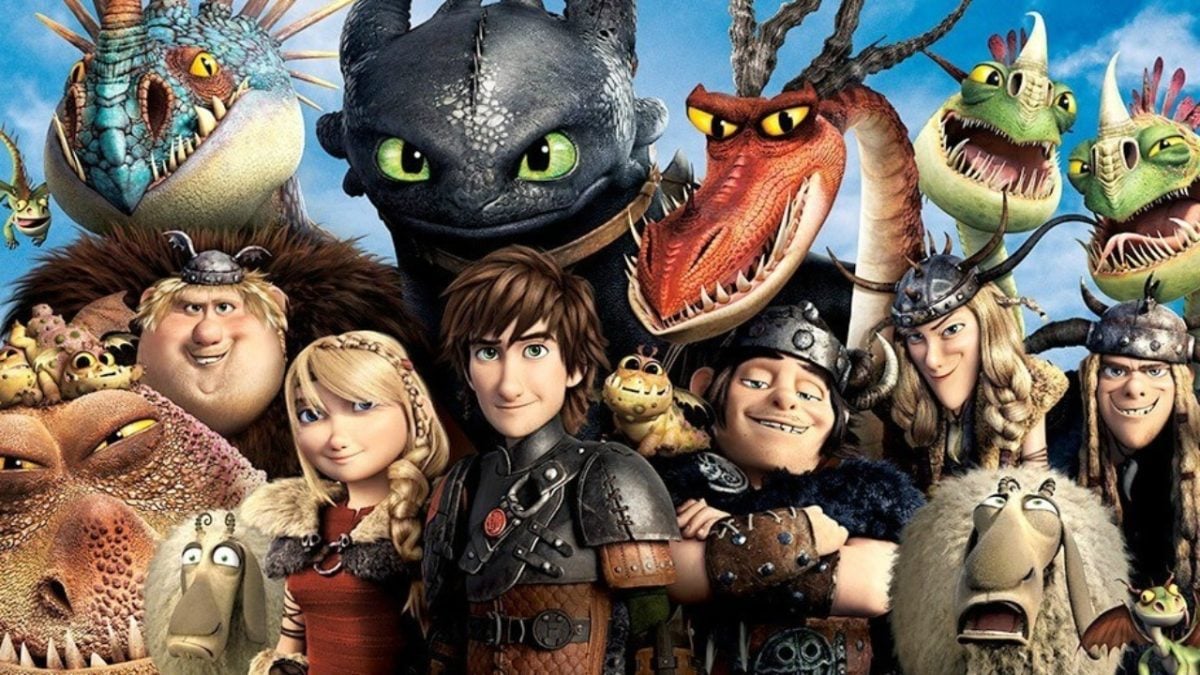
Son of the Congo tracks Oklahoma City Thunder forward Serge Ibaka as he goes back to the Congo, the African country where he grew up. As Serge visits his family and shows us his childhood home, it’s clear just how much he overcame to make it to the NBA. Directed by Adam Hootnick, this is the first feature film produced by Grantland.
After the film’s premiere, I sat down with Hootnick and one of the producers from Grantland, David Jacoby. We talked about what sparked this project, the experience of shooting in Africa, and much more.
Check out the full interview below, and enjoy.
What was it originally about Serge’s story that made you want to get involved?
Jacoby: We love the NBA at Grantland and one of the things that we like to do is analyze the game, but also get into the men that are on the court. Their stories, taking the story out of the Xs and Os to learn some real-life lessons. I know that sounds cliche, but it’s true.
Hootnick: In the same vein, I’ve done a bunch of films now with different groups at ESPN. And they’re all sports films but at the same time, none of them are sports films. That’s what I love about 30 for 30 and what Grantland does and why I think people like sports in the first place. These are all just ways of looking at stories that we care about. The heroics, what you do when the pressure is on. Those are all things that are as much about how we live in other realms as it is in sports. It’s been an amazing experience for me. These are just human stories. They happen to be athletes, and because they’re athletes, people are interested in them.
Jacoby: I know Serge Ibaka right? The Serge Ibaka file in my head before this project was: He’s from Africa. Manute Bol: He’s from Africa. Dikembe Mutombo: He’s from Africa. But I never understood what that meant. There’s so much more to his experience and to his story than “from Africa.” Now that we’ve learned that, I wanted to put that on the screen for everyone.
Hootnick: I’ll say, having been in Africa several times before, Congo is very different from any place else I’d been. What he grew up growing through and what that place is, it’s very different from a lot of other parts of Africa. None of us really knew until we got there what the reality was. Some things that you hear, I mean you saw the film, there are things that you hear that you think of as cliche. Like “coming up hard in Africa,” but you just don’t have any idea what that means. He’s so candid and so open, so to have a guy talk about how it is hard for him to come back to a place where there are no toilets. To say, “I’m used to that now and this is different. But when I grew up, you don’t think about that.” To be able to bring an audience to a place like that… I’m sure there are any number of NBA players who have stories about how they came up hard, but there’s different levels of that. I think it’s great for everybody to get some perspective on how lucky we all are here.
One bit that stood out especially was the mobs around him wherever he went. Did you ever feel in danger in that?
Hootnick: I wouldn’t say I ever felt in danger, I definitely felt uncomfortable. People are speaking Lingala. There’s some French, but I have no language. Ironically, what I said while we were editing this, once we started getting things translated, and I understood what people were saying to him, I realized I was a lot more comfortable than I would’ve been if I knew what people were saying. I thought people were just saying hi, but there’s a lot of people yelling at him, “Give me money, give me money!”
The truth is, that’s not as threatening a thing as it would be here, because there it’s kind of more expected. Even the girl who came in to do some translation talked about that for anyone who leaves and comes back it’s just sort of a cultural expectation, people are going to ask you for stuff. The fact that people are yelling, “Give me money” isn’t necessarily as threatening as it would feel on a street here. But I wouldn’t have known that and I would’ve been more freaked out than I was. But here it’s possible that someone will stab you or shoot you when there’s that kind of uncontrolled environment. It’s happened. There, people aren’t going to attack Serge, but they will mob him and it’s very claustrophobic.
It was uncomfortable at times, and that’s just a cultural thing where I’ve been in enough sketchy situations and fortunately, so had the cinematographers, that we kind of know how to operate. You have to keep your eyes open and you look to whoever does know the place for cues. I could trust that there was somebody there who would know where the line was crossed, and it wasn’t. But it was definitely a new experience for me.
I thought the narrative with the 15-year-old worked really well. Were you seeking out something like that?
Hootnick: Yeah. That was really only the significant narrative decision I made ahead of time. I felt like what was really important was to try to get a sense of what life was like for Serge in the Congo before he was Serge Ibaka. And we weren’t going to get that from following him. I knew he was going to be staying in a hotel. He’d have that toilet. He wasn’t going to go back to staying in the house he grew up in and sleeping in that bed. So I wanted to find somebody through whose eyes we could see what it’s like growing up in that place without knowing you’re going to make it out and get the things that came true for Serge later. We got really lucky with Ricardo, he’s amazing. That was the one thing that I wanted to try to do, was to compare the two stories.
Jacoby: Adam made the smart decision to not strictly make it a travel log. It’s a story of basketball, it’s a story of the Congo, it’s mainly a story of Serge Ibaka, but it’s not just a story of Serge Ibaka’s trip back.


